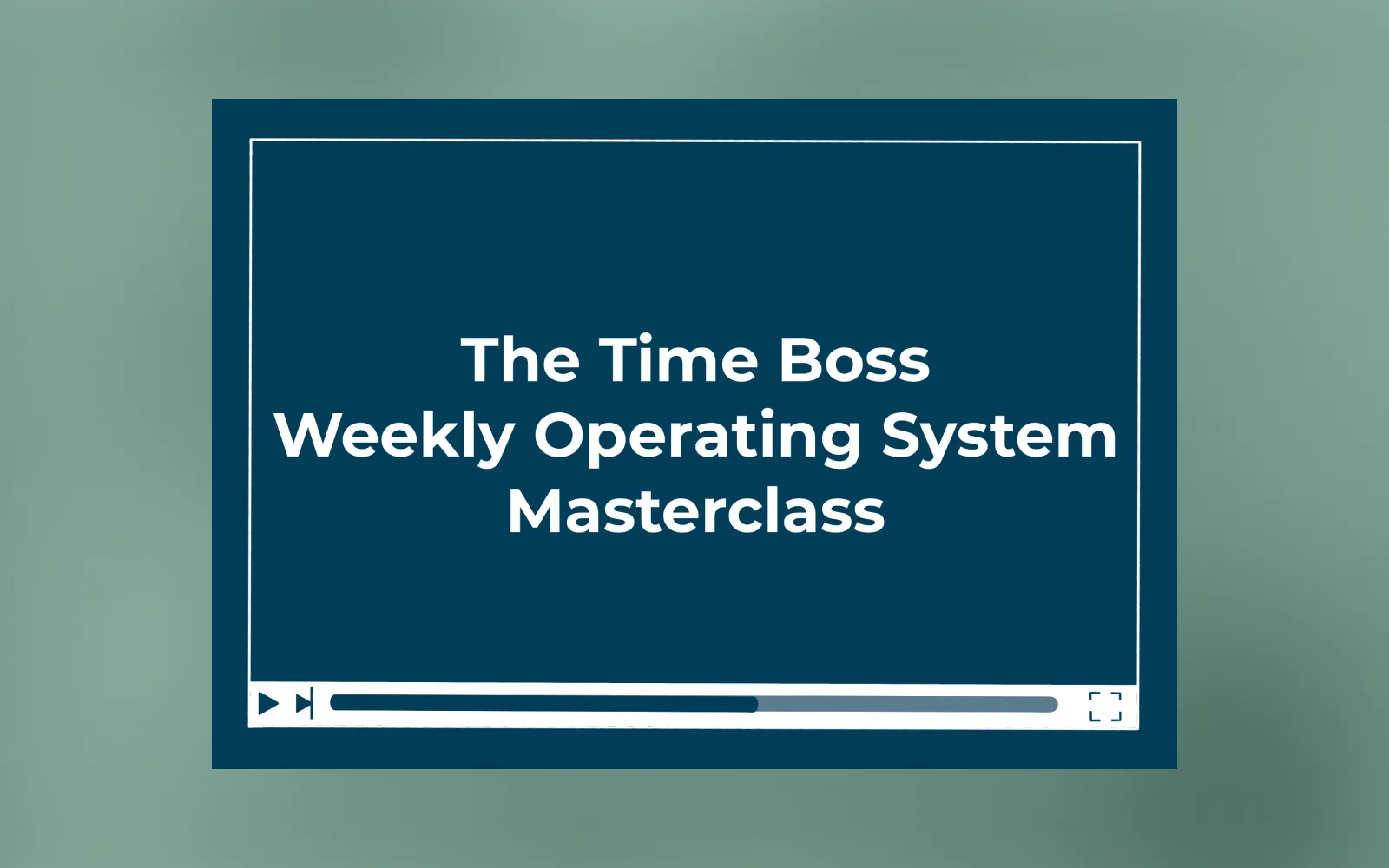Is Employee Burnout Contagious?
Jun 05, 2024
Your team just wrapped up a major project at work.
You expected there would be a celebration from a job well done, but instead of feeling accomplished, there's a noticeable weariness.
Your team's energy is low, and you realize the constant hustle on project after project after project is taking its toll on everyone, including yourself.
Is this level of stress and anxiety simply the plight of the modern workplace?
Burnout doesn’t just affect individuals. It can spread through a team like a virus.
If we choose not to manage the time habits of our team, we risk the burnout-inducing habits taking control of our work culture.
Let's understand the contagious time habits that lead to burnout, then chart a path to a different set of habits.
Contagious Time Habits That Lead to Burnout
The activities below turn up the temperature to do more at work. As social creatures, we often do what we see others doing and they become the standard we try to live up to.
Everyone Else is Always On - The people you work with are always available, even into the evening, so you feel you should be on too in order to be a "team player".
Hustle is Rewarded Without Questions - You see your company celebrate hustle to achieve goal accomplishment, but no one stops to consider if the person hustling is literally grinding themselves to a pulp to accomplish the goal.
Capacity Isn't Discussed - You watch others continue to say "yes" to more without a conversation about their actual capacity, so you continue to say "yes" to more to keep up.
We Allow "Busy" Talk - When you ask how others are doing, they say "busy", so we feel we should be "busy" to fit in.
Without effective habits related to time, it's easy for a culture like this to escalate to where at best you're getting diminished results, and at worst you're on the road to burnout for you or your team.
Of course it doesn't have to be this way. Keep reading.
The Antibody to Burnout --> Shared Time Habits
If we choose not to manage the time habits of our team, we risk the burnout-inducing habits taking control of our work culture.
Instead, choose to manage the shared time habits of your team, and influence a work culture that values Highest Sustainable Pace instead of Burnout. Here are 4 easy ideas to do so:
Enforce Off Hours - Unless you're facing an existential threat to the business, create a boundary that any communication (e.g. email, text, Slack, MS Teams) past 6pm is held till the next business day. Most email platforms, Slack and MS Teams allow you to schedule messages as well, so schedule for 8am the next day.
Enforce "No Hero Mode without Permission" - Every business will have times where you need employees to work overtime and maybe even weekends to achieve a goal (aka "Hero Mode") . To avoid burnout, you must manage this type of work output, and ensure no one drops into Hero Mode without asking for permission, and clearly defining when Hero Mode will be over. This ensures it's a tool in your team's toolbox, but not the norm.
Visualize Every Employee's Capacity - Using the Time Operating System of your choice (like Time Boss), require every employee to block their calendar with their priorities, including ample buffer time to deal with reality (e.g. email, phone calls, text messages, last minute meetings, etc). This ensures employees are dealing with the reality of their capacity, and allows team leaders to handle any trade-offs that come from fixed capacity.
Discourage "Busy" Talk - A team running at their Highest Sustainable Pace is not "busy", but their schedule should be full. Do not allow "busy" to be celebrated, but instead celebrate team members with "full" schedules aligned to your goals.
Ensure Your Team Has High Quality Time Habits
The results you or your team are currently getting are a direct function of your habits related to time. If you're not actively managing these habits, at best you're getting diminished results, and at worst you're on the road to burnout for you or your team.
If you're ready to take control of your or your team's habits related to time, I'd encourage you to book a 30 minute intro coaching call with me. At a minimum you'll walk away with a quick win or two that you or your team can put into practice immediately.
Master Your Time Each Week with the "It's About Time" Newsletter
Practical tips, helpful guides and more delivered weekly.


